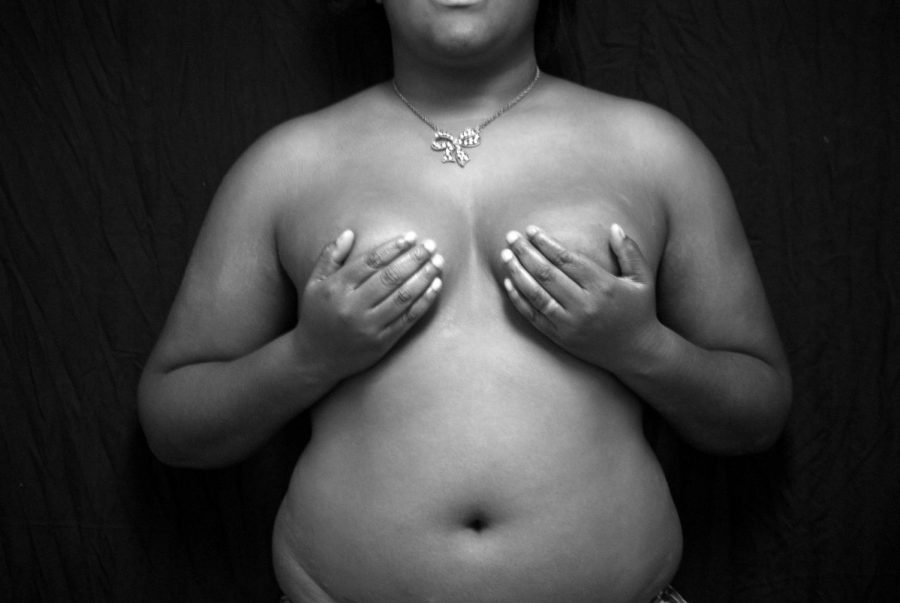New technology could lead to earlier breast cancer detection
October 17, 2013
New breakthroughs in mammography technology could lead to lowered numbers of those affected by breast cancer in the United States.
It is estimated that one in eight women in the U.S. will develop breast cancer in their lifetime, according to the American Cancer Society’s website and confirmed by a cancer information specialist.
The new 3-D mammography technology allows experts to see more than they normally would with regular 2-D technology, said Julie Armstrong, Lead Mammography Tech at Trinity Medical Center in Birmingham.
“Instead of just getting the one 2-D picture, what it does is it takes pictures at different angles while you’re still in the compression and then we’re able to use our computer and scroll through the breast,” Armstrong said. “You can kind of see slices and we can see throughout the breast instead of just that one picture.
“Sometimes people will have dense tissue and we can see if there’s anything hiding out in that which you normally wouldn’t be able to see on a regular 2-D picture.”
The new technology helps to aid in early detection, she said.
Early detection and prevention is important because so many women are affected by breast cancer in the U.S., said Alex Kelley, director of philanthrophy for Zeta Tau Alpha at UNA.
“Over 250,000 women under the age of 40 have been diagnosed in the U.S. so that’s not just older women who have been affected, but women who are our age, too,” she said.
Earlier detection is imporant to freshman Devin Hale, he said.
“After prevention, it seems like early detection would be the key to curing it,” Hale said.
Hale’s grandmother was diagnosed with breast cancer and had to undergo chemotheraphy and surgical treatments.
“She’s fine now, and it’s because they found it so quickly,” he said. “We have good doctors and technology and stuff, but after a certain point sometimes there’s nothing that they can do, so early detection is key.”
Hale also said he believes awareness is important.
“Breast cancer awareness is important because if you don’t have someone in your family who has breast cancer, it’s hard to remember that it’s still a problem,” Hale said. “If it doesn’t happen to you or someone close to you, it doesn’t seem like it’s that big of a deal. Breast Cancer Awareness Month reminds us that it’s still a problem, and it’s still important.”
Sophomore Ashlyn Riley believes awareness and education is important, she said.
“It just helps people become aware of it and know the signs to go into the doctor and to raise money for finding a cure for it,” Riley said. “The more people know about it, the more they know the signs of what to do.”
There are many ways for students to get involved in Breast Cancer Awareness during the final weeks of October at UNA, Kelley said.
“We’re always accepting donations and we are collecting pink yogurt lids from Yoplait,” Kelley said. “We have these pink ribbons right now that we’re giving when people give donations so that way everyone can put them on their car windows.”
Kelley also said the Oct. 19 home football game will be a Pink-Out game, during which time fans will have several ways to donate and show their support.
“Everyone come out and support,” Kelley said. “We’ll have the pink pompoms. Everyone wear their pink and we’ll have the balloon release beforehand if they want to show up and watch that.
“We’re fighting for our mothers and sisters, not just the ones who are diagnosed, but the ones who will be diagnosed in the future.”
Editor’s note: Editor-in-Chief Corinne Beckinger is a sister of Zeta Tau Alpha sorority and did not contribute to the reporting of this story.












